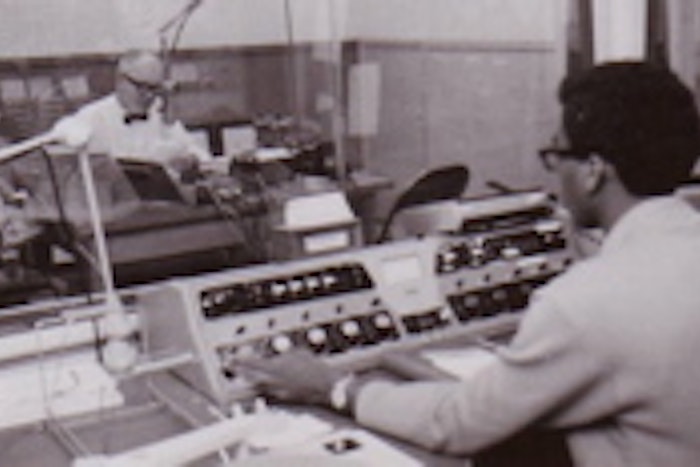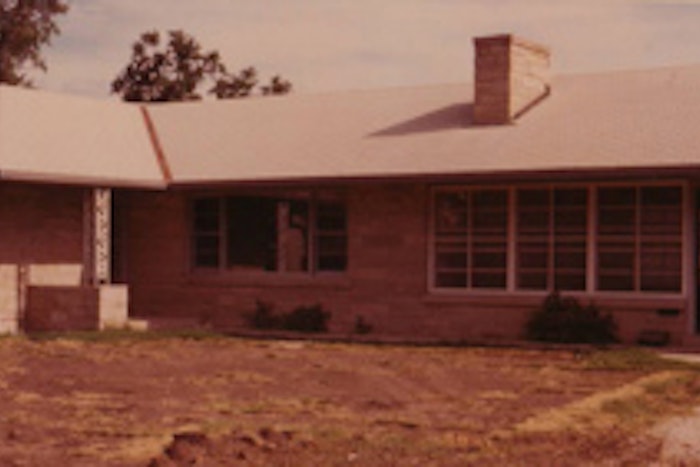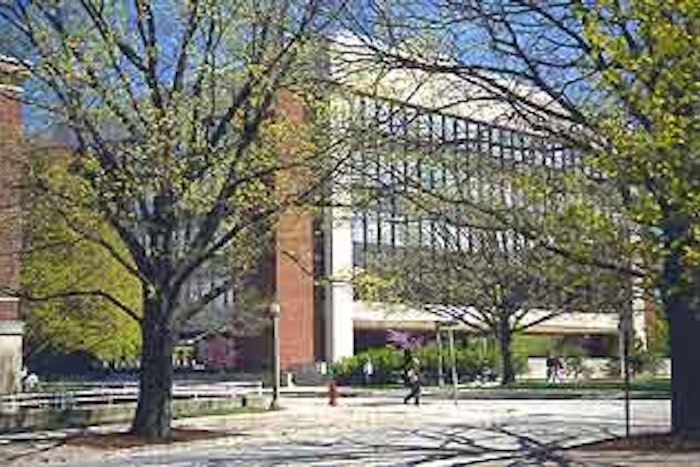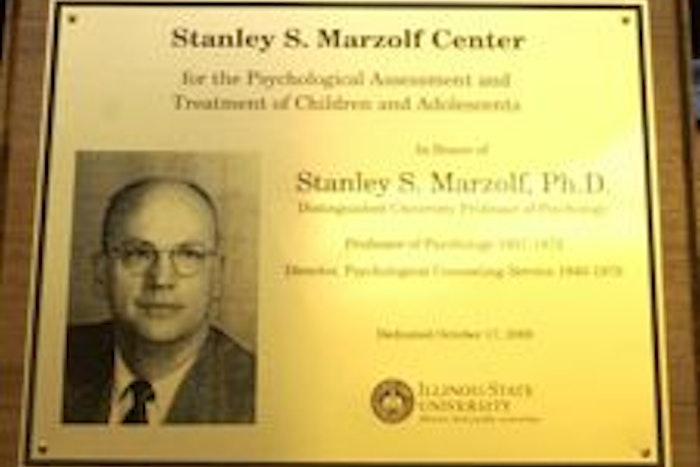Department History
Since 1857, Illinois State Normal University's primary mission was the training of teachers. Academic programs were organized into divisions and departments. Psychology classes, which focused on school psychology and guidance, were offered through the College of Education in the Department of Education and Psychology. In 2007, the Department of Psychology, now in the College of Arts and Sciences, celebrated its 40th anniversary in conjunction with the Illinois State's sesquicentennial (150th) anniversary. In 2017, we will be celebrating our 50th anniversary of teaching psychology, conducting research, and preparing students for careers with a better understanding of human behavior.
The Department's Early Years
On July 1, 1964, the University was renamed Illinois State University. Beginning with fall semester 1966, the structure of the University changed to reflect a new mission that included more than training teachers when the University expanded its program offerings. The College of Arts and Sciences was created and the Department of Psychology became a separate department within the college. The department was located in 420 Schroeder Hall. The first department chair was Dr. Walter Friedhoff. The new undergraduate degree in psychology focused on providing the student with a solid liberal arts education. The department also began offering a master's degree in psychology, with graduate sequences in clinical, counseling, educational, and experimental psychology, and measurement. The master's degree in school psychology, formerly in the Education Department, was also moved to the Department of Psychology. As the department's school psychology training standards were expanded, students were required to complete an internship, often at the local elementary and high schools.

In 1969, the psychology undergraduate curriculum was revised to give more freedom of choice to the students. One innovation was to offer the general education psychology course by radio! Students could enroll and participate by listening to lectures on the radio and calling in with their questions.

Also in 1969, the department relocated to a house at 225 North University Street, one block north of Schroeder Hall. Department HouseBy the mid-1970s, the department moved into its present location in DeGarmo Hall. The second chair of the Department of Psychology was Dr. Macon Williams.
The Department through the 1990s
In 1981, the department offered a new graduate sequence in industrial organizational psychology. The developmental psychology sequence was added in the mid-1980s. Since its inception, the sequence was interdisciplinary and focused on lifespan development.
Several years later in 1989, the Illinois Board of Higher Education approved a doctoral degree program in school psychology. Graduates of the doctoral program, with the required post-doctoral experience, were eligible for the state licensing examination for clinical psychologists, as well as for the state and national certification examinations for school psychologists.
In 1991, the school psychology master's degree program was upgraded to the specialist degree. Graduates of the specialist program are eligible to sit for the state and national certification examinations for school psychologists. The specialist program is a three-year program and is accredited by the National Association of School Psychologists and the National Council for the Accreditation of Teacher Education. The third department chair was Dr. Larry Alferink.
From 2000-10
After Dr. John Pryor served a year as acting chair, Dr. David Patton Barone became the department's fourth chair. In 2000, the master's degree program in psychology was reorganized into four sequences: cognitive and behavioral sciences (formerly known as experimental psychology), developmental psychology, industrial/organizational-social psychology, and quantitative psychology (formerly known as measurement-statistics).
Since the College of Education had discontinued its counseling degree program and Illinois had institute licensing, the Psychology Department created a separate master's degree program in clinical-counseling psychology. It was approved in 2002 by the Illinois Board of Higher Education, and the first class of clinical-counseling psychology graduate students started in fall 2003.
The undergraduate program has been revised in various ways. Incoming students, who declare psychology as their major, take an introductory psychology course in small sections. All psychology majors must enroll in a course on careers in psychology. Statistics courses now include two to three hours per week in the department's computer classroom. The research methods course also includes weekly laboratory/discussion sections.

Advanced laboratory courses in research methods are taught in our human research suite in DeGarmo Hall, and animal research courses are taught in psychology faculty members' animal laboratories in Felmley Hall. The new capstone options for seniors provide out-of-class experiences that incorporate knowledge and skills acquired in the classroom. Capstone options include research apprenticeships, teaching assistants, internships, honors thesis and an opportunity to present research at the honors colloquium, or participation in senior seminar.
In addition to undergraduate and graduate programs, the department also operates the Psychological Services Center (PSC). Originally identified as Counseling Services or "the Clinic," the PSC utilizes undergraduate students and graduate students in the school psychology and the clinical-counseling psychology programs to provide psychological evaluations and therapeutic services primarily to underserved children in the local community. The PSC has evolved over the years to meet the changing needs of students, parents, school systems, and the community with the services it supports. The PSC is located on the entire 4th floor of Fairchild Hall.
In 2007, the Department of Psychology celebrated its 40th anniversary. The Graduate Programs in School Psychology also celebrated its 50th anniversary with a special dinner that included current and former faculty, students, and alumni.

During Homecoming 2008, the Psychological Services Center hosted a naming ceremony and dedication for the Stanley S. Marzolf Center for the Psychological Assessment and Treatment of Children and Adolescents. In 1945, Dr. Marzolf developed the Psychological Counseling Service, an entity that used graduate psychology students who provided diagnostic and counseling services to children and adolescents in area schools, and also serviced the mental health needs of university students. Dr. Marzolf served as the director of the Counseling Service for 25 years. A plaque was installed in the Marzolf Center lobby recognizing Dr. Marzolf's substantial contribution to Illinois State, our students, and countless clients who have benefited from the services provided over the years.
In the fall of 2009, a monograph was published, The History of Psychology at Illinois State University: Expanding Opportunities 1857-2009 , based on the collaborative work of current and former psychology faculty. This historical monograph presents the development and growth of the study of psychology in our undergraduate and graduate programs. There is also a chapter on each of our graduate programs and sequences (School Psychology, Clinical-Counseling Psychology, Cognitive and Behavioral Sciences, Developmental Psychology, Industrial/Organizational-Social Psychology, and Quantitative Psychology).